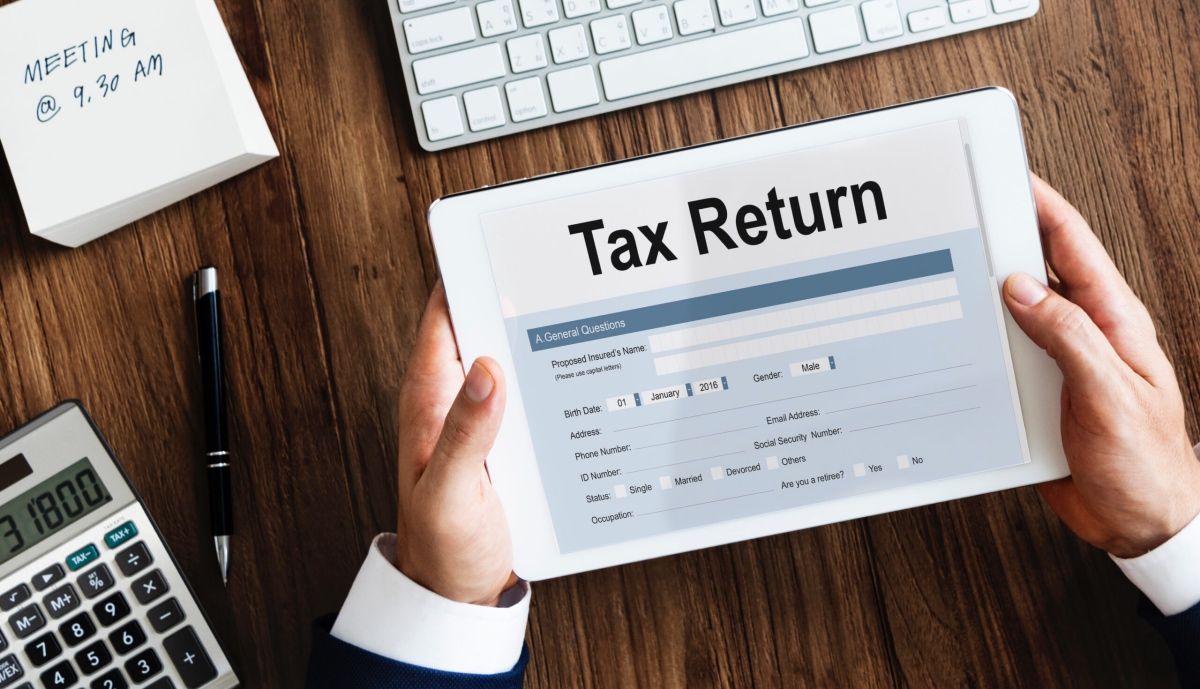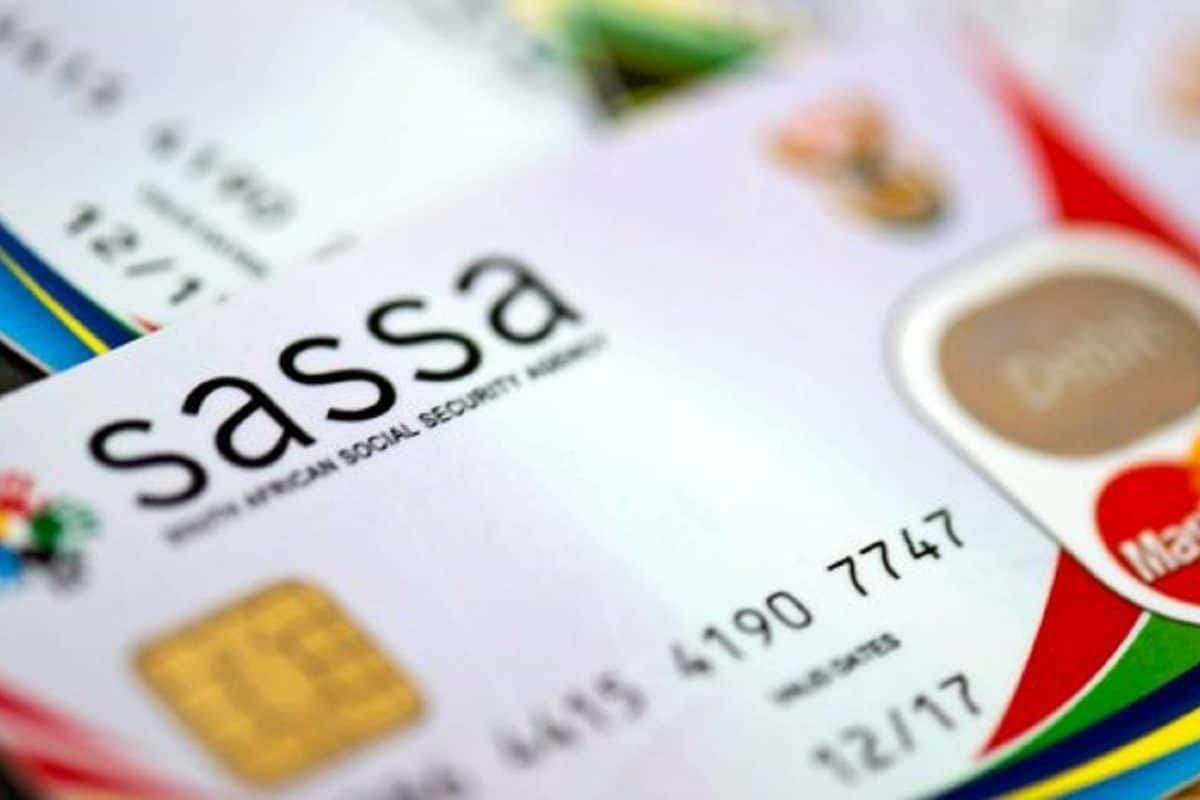When business confidence is low, businesses are not investing, and the low level in the second quarter will definitely not help.
Business confidence tanked in the second quarter of 2025 due to pessimism about trading conditions. The survey among business owners took place during May, when there was also a lot of tension between South Africa and the US.
The RMB/BER Business Confidence Index (BCI) decreased by five points to 40 in the second quarter of 2025, after the recovery that started in the first half of 2024 stalled in the first quarter of 2025. This implies that only four out of ten business respondents in the most cyclically sensitive sectors of the economy were satisfied with prevailing business conditions, Isaah Mhlanga, chief economist at RMB, says.
“While remaining above the average of 2023 and 2024, confidence is now a touch below the long-term average level. The underlying survey results point to a loss of momentum in the South African economy.”
He says some optimism returned to equity markets after a 90-day pause in the US reciprocal trade tariffs announced on Liberation Day, but the global trade uncertainty and continued local logistical issues were still flagged by respondents as factors negatively affecting their businesses.
ALSO READ: No fireworks expected, but GDP figures are disappointing — economists
Rand recovered and GNU looks more stable but did not boost business confidence
The rand exchange rate also experienced a volatile quarter, weakening past R19.90/$ early in April but clawing its way back to below R18/$ during the survey period. On the local front, respondents would have known that the contentious proposed VAT hike was off the table, but many questionnaires were returned before the tabling of Budget 3.0 on 21 May.
News around the government of national unity (GNU) and the DA’s continued participation in it was mixed over the time period, with fears of an imminent collapse easing a little through May, Mahlanga says.
Business confidence was driven by declines in four of the five sectors in the second quarter, partially offset by a sharp increase in wholesale trade confidence, leaving overall confidence lower. Mahlanga says this almost mirrored the previous quarter outcome, where declines in four of the five sectors were more than fully offset by a sharp increase in new vehicle dealer confidence, resulting in overall confidence rising.
In addition to being the only sector to register an increase in confidence, wholesale traders also have the highest sentiment reading at 50 points. Non-consumer wholesale traders fared well during the quarter, but consumer goods traders suffered and faced a sharp drop in sales.
“This is a worrying sign for consumer demand in the second half of the year, despite supportive macroeconomic factors such as low inflation, interest rate cuts and two-pot pension fund payouts.”
ALSO READ: Surprise that all MPC members were in favour of repo rate cut
Business confidence in retail trade sector also deteriorated
For now, business conditions in the retail trade sector remained largely in line with the long-term average, although confidence deteriorated by 8 points to 42. Motor trade dealers saw a slightly bigger drop of 10 points, but also to 42 in the second quarter.
Generally, Mahlanga says, respondents in the sector remained fairly upbeat about business conditions and sales volumes, which underscores that the consumer likely still fared fairly well in the second quarter.
He says the 25-basis-point reduction in the repo rate, which took place after the survey period but was largely expected, could provide some further support, although this is countered by an increased personal tax burden.
However, building contractors in the residential sector have not yet benefited from past rate cuts, and the cut last week may also be insufficient to turn their fortunes around. According to the second quarter results, activity came under further pressure, which weighed on sentiment.
Non-residential contractors, on the other hand, fared better, but overall confidence among all building contractors decreased by 10 points to an almost three-year low of 35 points.
ALSO READ: Manufacturing PMI falls to lowest level since April 2020 — bad news for GDP
Business confidence in manufacturing sector remains very low
Despite a notable deterioration in business conditions, confidence in the manufacturing sector remained virtually unchanged at a low 33 points, with manufacturers reporting a decline in domestic and export demand, leading to a drop in production. Many of the constraint indicators, including the general political climate, increased in the second quarter.
Mahlanga says the warning lights from last quarter are certainly flickering brighter. “The fact that confidence in four of the five sub-sectors declined and that [for two consecutive quarters] confidence in three of the five sub-sectors declined suggests that momentum in overall economic activity slowed down.
“During this period, just two sectors, wholesalers and new vehicle dealers, alternated to do the heavy lifting, but it was insufficient to lift confidence this quarter.”
He says after the meagre 0.1% quarter-on-quarter gross domestic product (GDP) growth rate recorded in the first quarter, we cannot risk losing any further momentum.
“The reduction in the repo rate will provide some relief, but more is needed to reignite the spark in the South African economy. There is arguably more certainty on the local political front, with Budget 3.0 tabled and broad agreement among GNU partners to continue working together for now.
“The global environment will remain uncertain, but an easing of tension regarding diplomatic relations between the US and South Africa should support sentiment.”
ALSO READ: This is where we would be if SA sustained an economic growth rate of 4.5%
Experts agree we need structural economic reforms to boost business confidence
Mahlanga says the core of South Africa’s long-term economic recovery and resilience remains faster implementation of structural economic reforms. “Without these reforms, the economy will remain vulnerable to global economic shocks and too slow to reduce the social ills that burden many with unemployment, poverty and inequality.”
Jacques Nel, head for Africa Macro at Oxford Economics Africa, says the business confidence survey results are particularly concerning after the 1.7% drop in gross fixed capital formation in the first quarter.
“Businesses are not investing, and the uncertainty pervasive throughout the second quarter would have only dampened investment appetite further. Recent developments, including a more favourable monetary environment with benign inflation and lower interest rates and signs of improvement in US-SA relations, will boost confidence, but the risk is that this will be another lost quarter with economic momentum slowing down further.”














